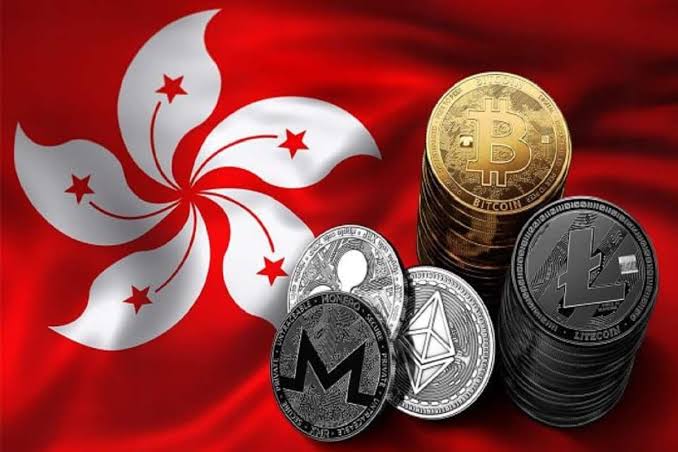Victory Securities has revealed its costs for Bitcoin and Ethereum ETFs, even though the Hong Kong SFC hasn’t yet released an approved list of issuers.
Following the recent licencing of cryptocurrency ETF products within the region, Hong Kong-based investment firm Victory Securities apparently revealed its planned fees to investors for Bitcoin and Ethereum exchange-traded funds (ETFs). The list of authorised ETF issuers has not yet been released by the Hong Kong Securities and Futures Commission (SFC), notwithstanding the announcement.
According to an extract of a translated report released by Wu Blockchain on April 20, Victory Securities’ customers will be subject to proposed fees for Ethereum and Bitcoin ETF shares in the primary market, set at 0.5% to 1% of the total transaction, with a minimum cost of $850, if approved by the SFC.
The costs for investors wishing to purchase and sell current ETF shares on the secondary market will be 0.25% over the phone and 0.15% online. The costs are similar to those stipulated by US asset managers providing spot exchange-traded funds for Bitcoin.
Franklin Templeton, an asset manager, has set its charge at 0.19%, while other ETFs range in price from 0.20% to 0.90%. In the United States, different costs are waived until different times this year. 1.5% is a noticeably higher fee charged by the Grayscale Bitcoin Trust (GBTC).
According to reports on April 15, Hong Kong is the newest nation to authorise spot ETFs for ether and bitcoin.
Spot Bitcoin and Ether ETFs are about to be launched by at least three offshore Chinese asset managers, namely Harvest Fund Management, Bosera Asset Management, and China Asset Management (ChinaAMC) Hong Kong units.
Many in the cryptocurrency world, particularly local Hong Kong exchanges, praised the approval; however, some were more pessimistic about the ETF’s prospects in the area.
The Bloomberg ETF analyst Eric Balchunas wrote on X on April 17 that “Mainland China investors probably won’t be eligible to buy Hong Kong-listed spot bitcoin and ether ETFs as they are barred from buying virtual assets.”


